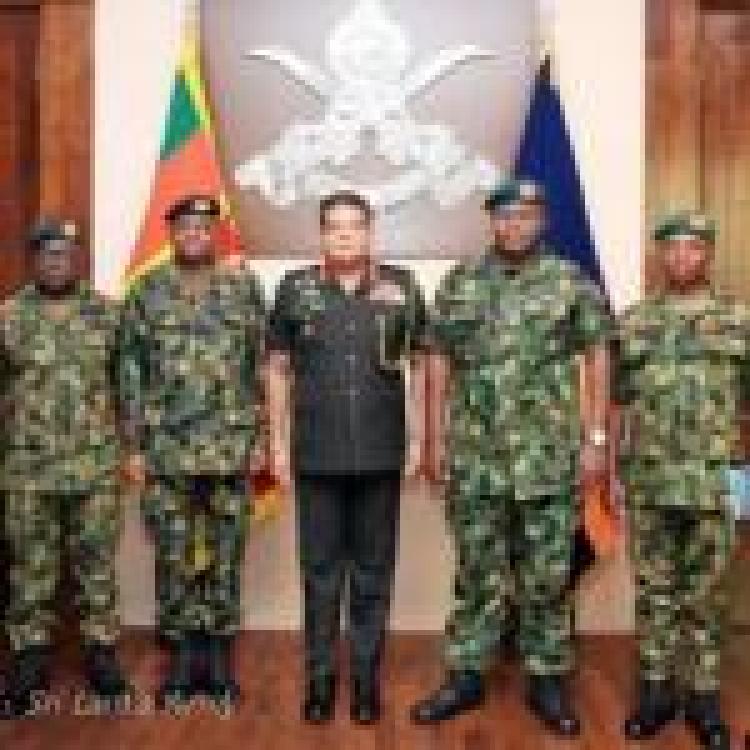
Following days of violent protest against the alleged killing of a man by the Nigerian police’s notorious Special Anti-Robbery Squad (SARS), Nigeria’s government has announced that all SARS with be abolished and officers will be redeployed to other roles.
SARS is a branch of the Nigeria Police Force founded in 1992 that was meant to deal with crimes related to armed robbery. However, SARS has since been accused of many human rights violations that have been documented and circulated on social media with the hashtag #EndSARS. These crimes include kidnapping, extortion, torture, and murder.
In June, an Amnesty International report listed 82 alleged cases of torture, ill-treatment and extra-judicial execution by the SARS between January 2017 and May 2020.
Whilst the social movement began in 2016, this October saw nationwide protests led by thousands of young Nigerians and international protests lead by the Nigerian diaspora in Europe and North America. These protests were sparked by further videos SARS officers engaged in violent human abuses. On October 9th #EndSARS began trending globally.
Muhammed Adamu, inspector general of police, said the unit has been disbanded unswervingly due to “the yearnings of the Nigerian people”.
Whilst the SARS force has been abolished, activists are protesting the decision to redeploy SARS officers into other roles.
“Nigerians want accountability,” said Auwal Musa Rafsanjani, executive director of the Civil Society Legislative Advocacy Centre to Al Jazeera.
“Disbanding the unit without taking sanctions against those who perpetrated these acts, it means that when they are transferred to another unit, they could replicate the same atrocities.”
Despite the governments, announcements protests continue to be violent with protesters targeted with water cannons, beaten, tear-gassed and arrested.




